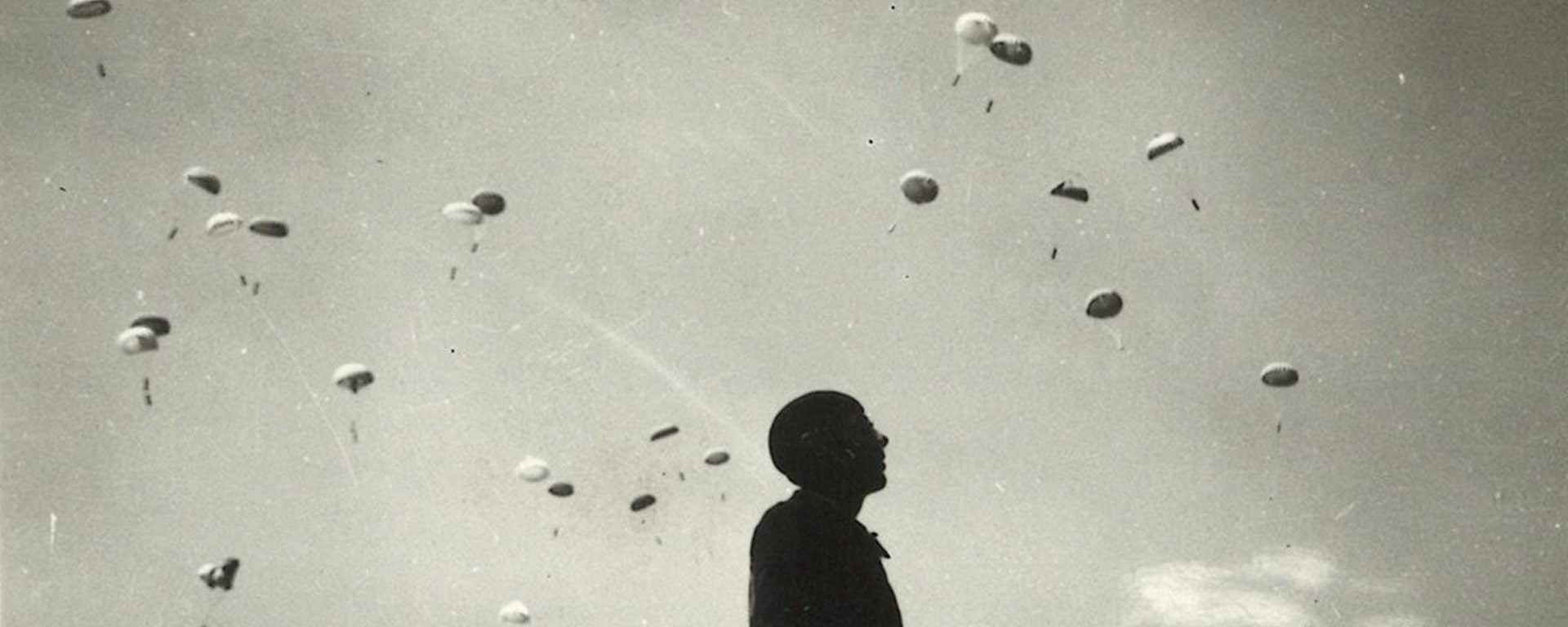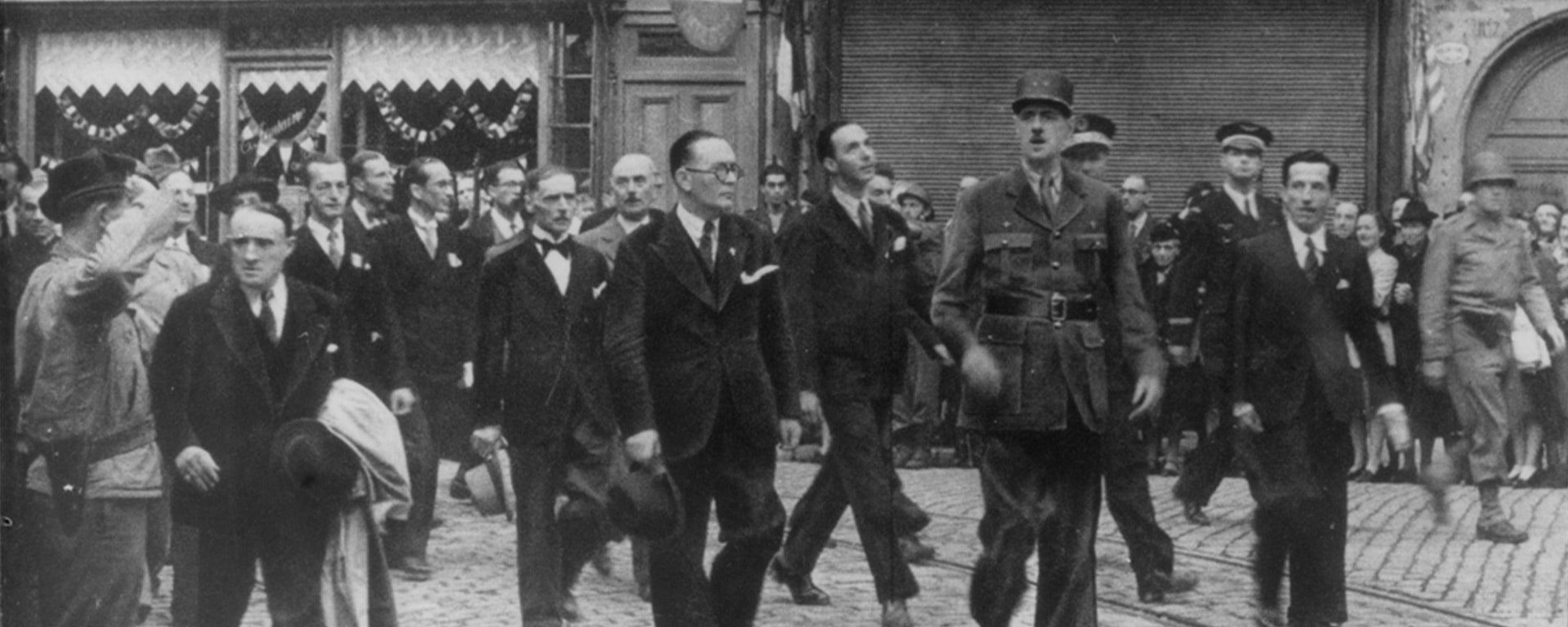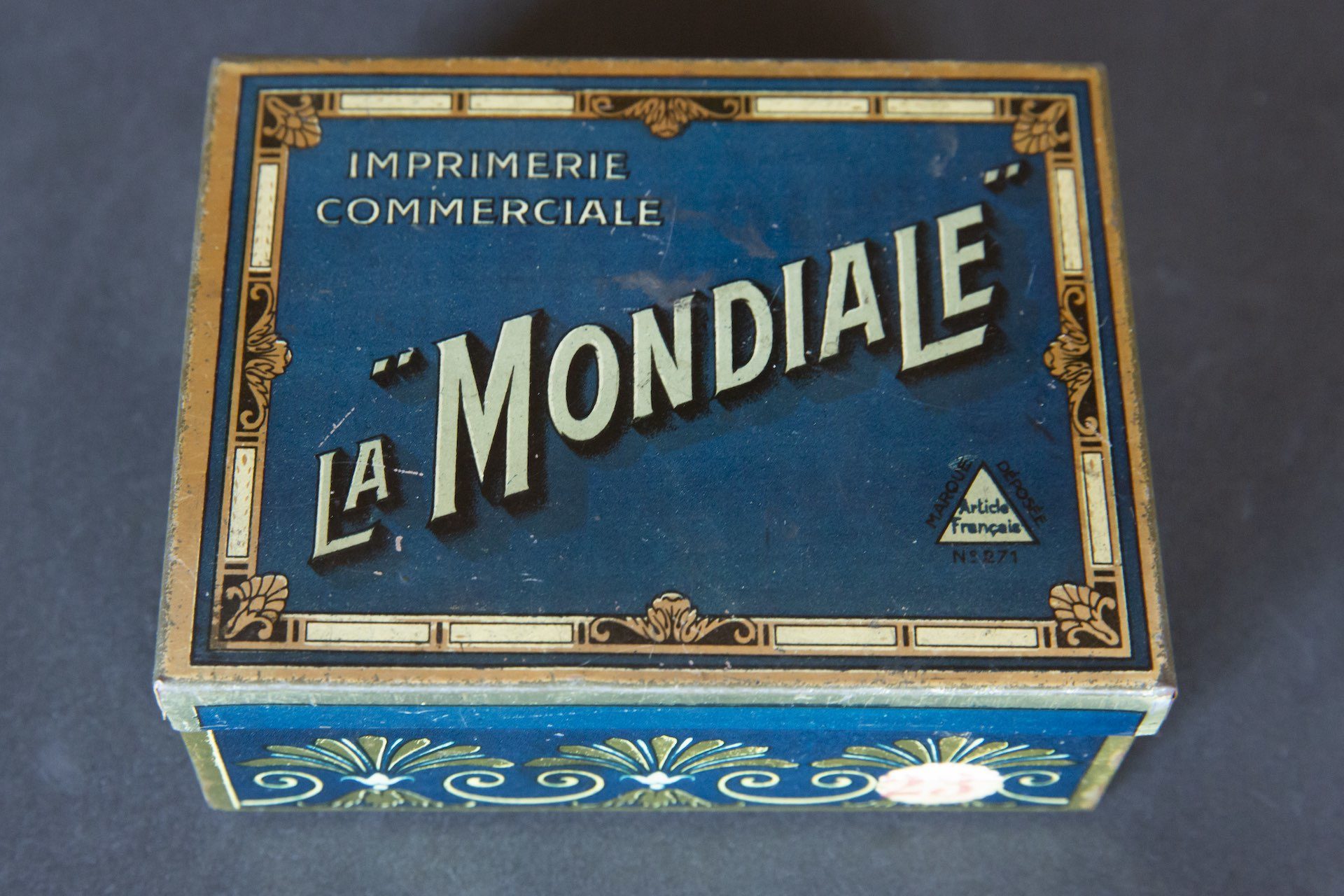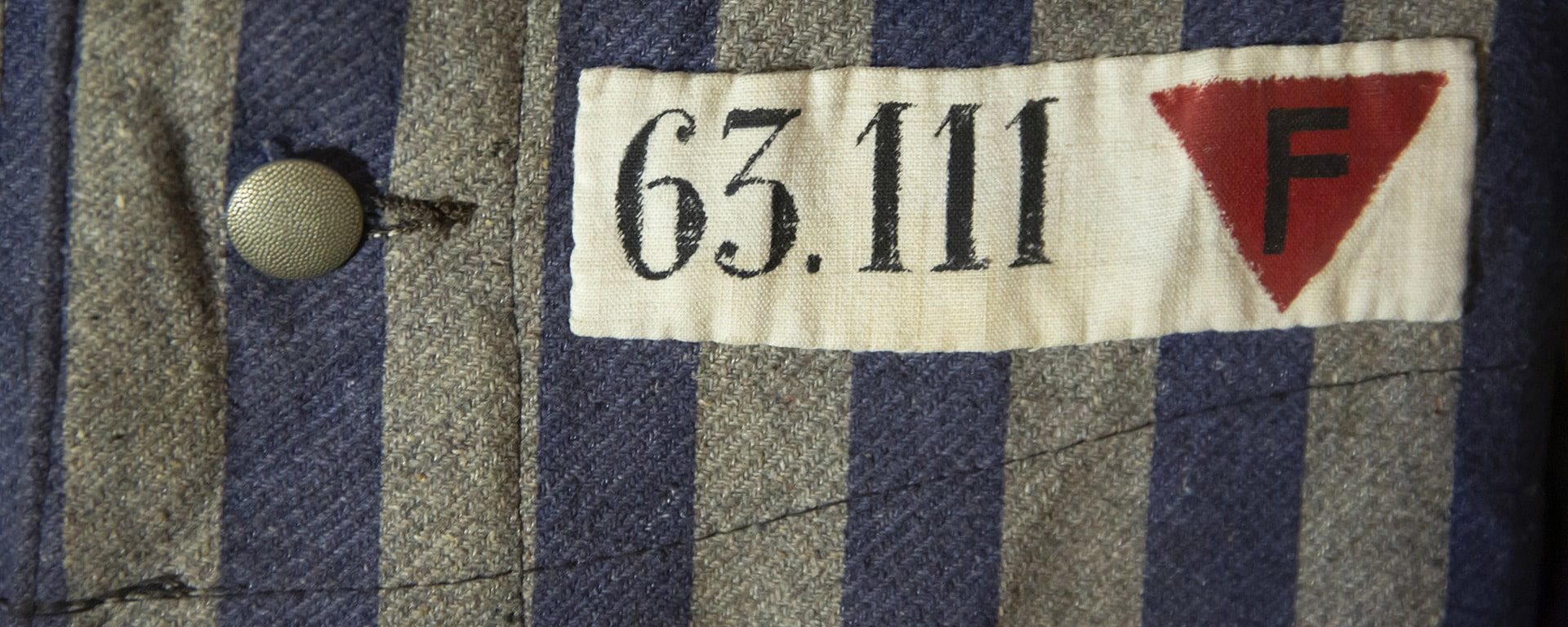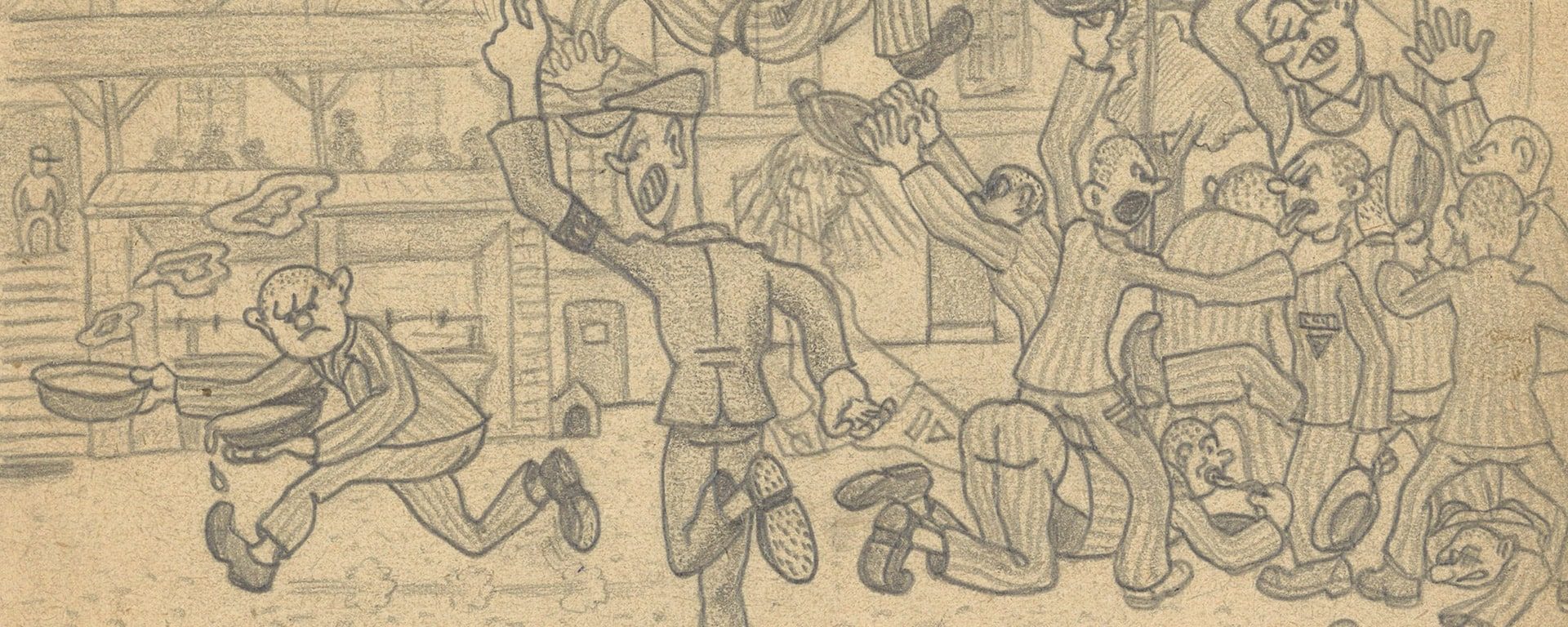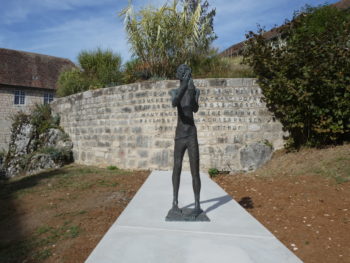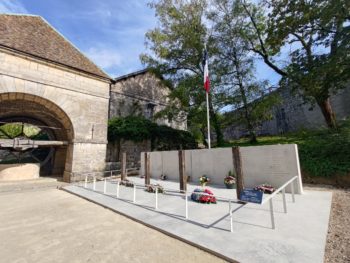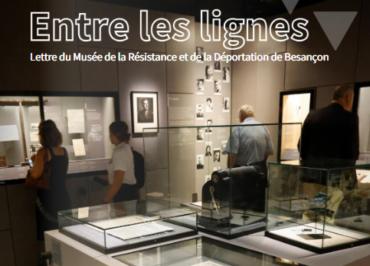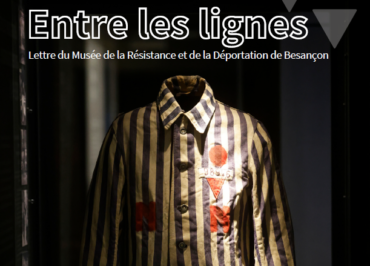The Musée de la Résistance et de la Déportation in Besançon is one of the most important in France.
It houses some extraordinary collections, including a collection of deportation art comprising over 600 small paintings, statuettes and drawings produced clandestinely in the Reich's prisons and concentration camps.
Not recommended for children under 10.
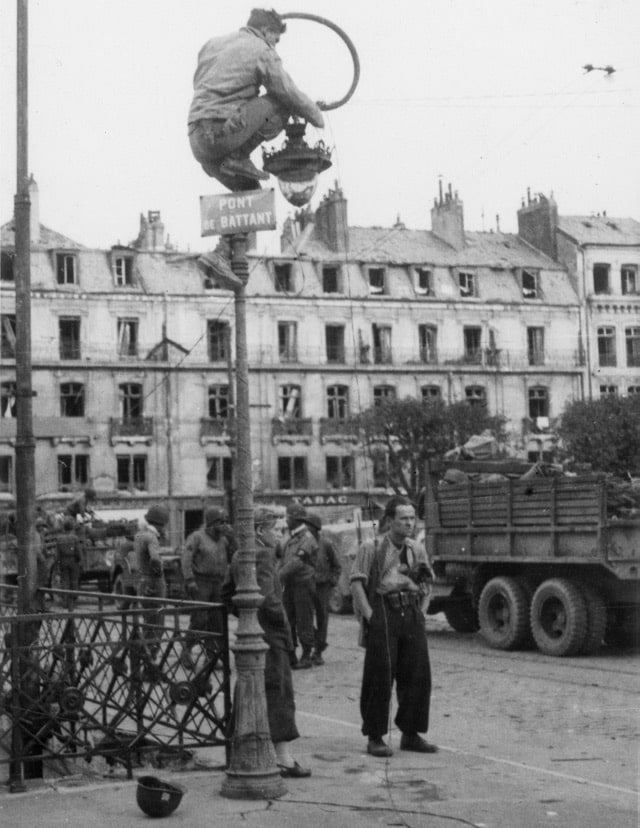
A new museum
After more than 10 years of reflection and 3 years of renovation work, the Musée de la Résistance et de la Déportation reopened its doors on September 8, 2023.
The museum's exceptional collections include over 600 small paintings, statuettes and drawings created clandestinely in the Reich's prisons and concentration camps.
The museum's exhibition spaces have been redesigned around the key idea of the "History Museum as a tool for citizens", which places the emphasis on questioning, knowledge and perspective, and on history as critical knowledge.
It now offers 3 distinct exhibition areas:
- A transformed permanent exhibition space
- A temporary exhibition space, featuring a new exhibition every year
- A space dedicated to deported art, the museum's treasure trove, one of the largest collections in Europe.
Since its creation, the museum's collections have been built up thanks to donors, illustrating the sometimes intimate bond between the establishment, the witnesses and their families.
Just a stone's throw from the museum, the Monument du Témoin pays tribute to those who were deported.
The Fusillés monument commemorates the sacrifice of 98 members of the Resistance, condemned to death and executed by the German army between 1941 and 1944. It was restored as part of the museum's renovation.
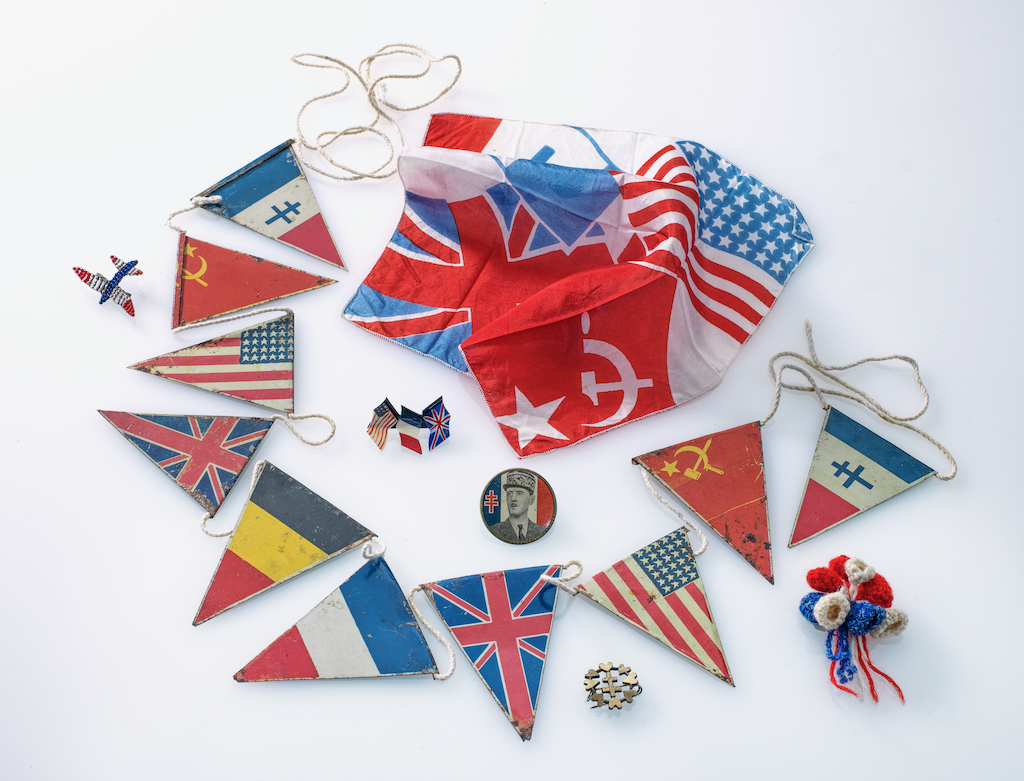
Collection for the 80th anniversary of the Liberation
This year, we are celebrating the 80th anniversary of the Liberation of Besançon.
In this context, the Museum of Resistance and Deportation is calling on you: do you have photos, archives or objects related to the Liberation?
Send us an e-mail at transmettre.mrdb@citadelle.besancon.fr.
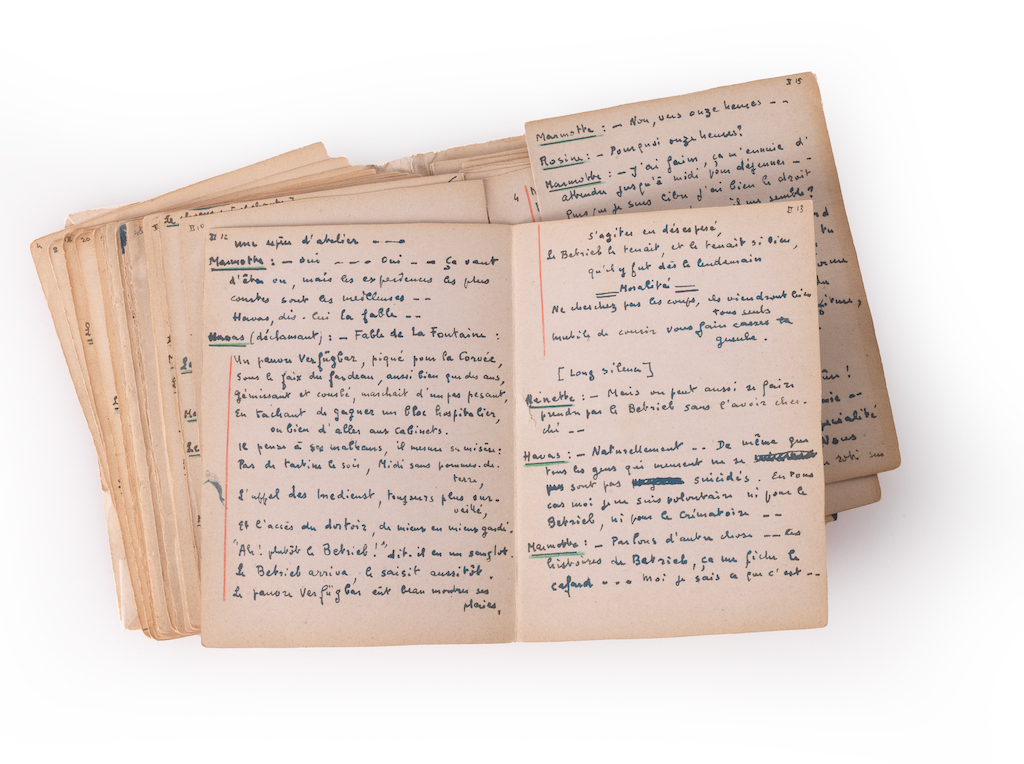
© Studio Bernardot
Highlights to discover
Embodying the museum's historical themes, discover these collections.
Discover the collections
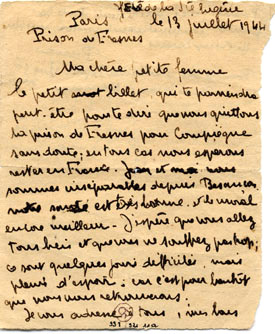
Some of our collections are available
online.
Discover other rare collections on the Mémoire vive website of the City of Besançon.
Agenda
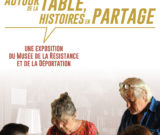
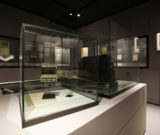
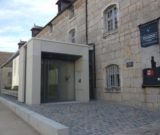

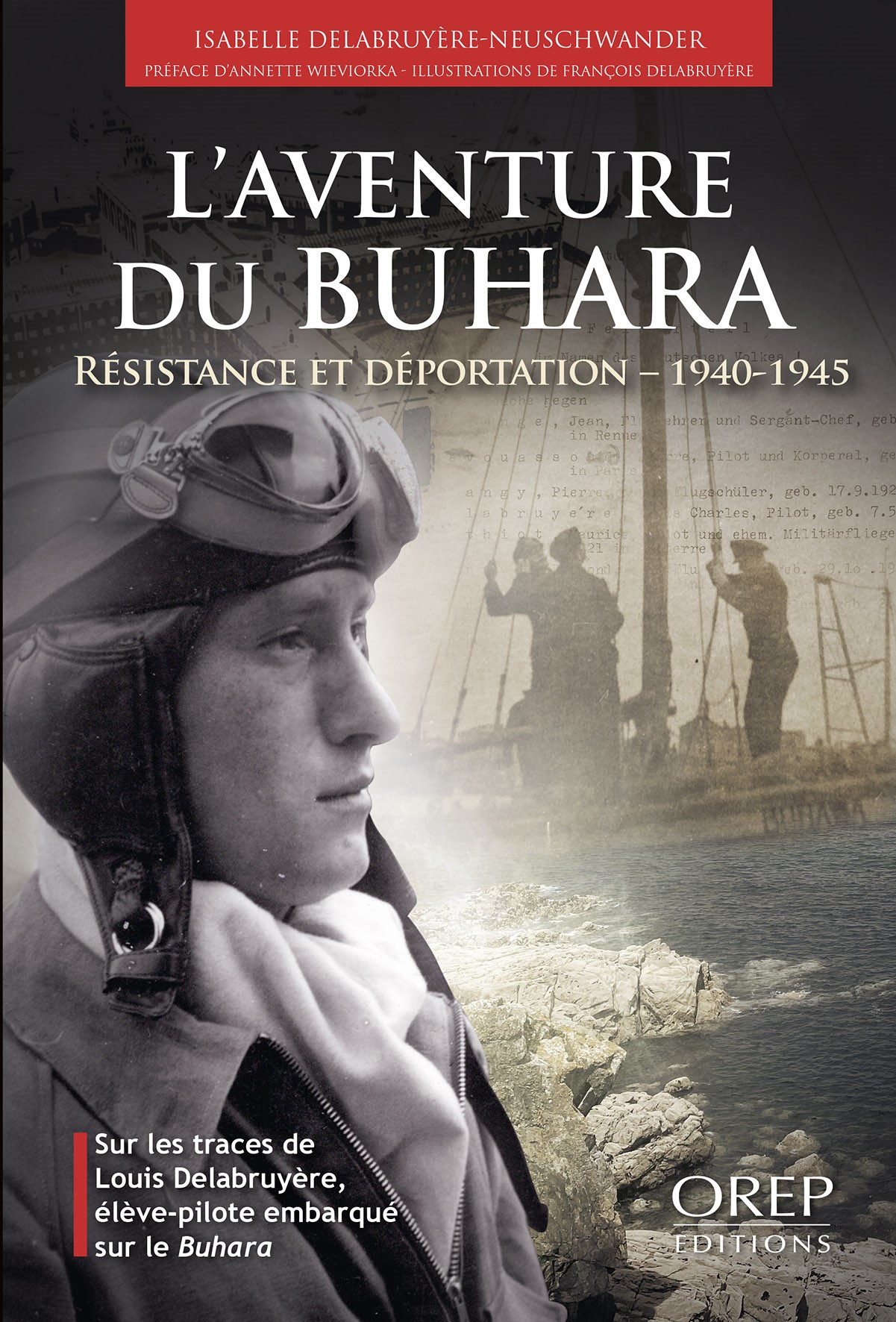
Focus on ...
Lecture series: Isabelle Neuschwander - The Buhara adventure
February 12, 1941: 15 young men set sail on the fishing boat Buhara for England from Brittany.
Louis Delabruyère, Isabelle Neuschwander's father, is one of them. Refusing defeat, he wanted to join Free France to continue the fight. The attempt failed, and Louis was arrested and deported to the Remscheid-Lüttringhausen penal colony (North Rhine-Westphalia) on April 23, 1941.
Isabelle Neuschwander invites us to discover this story of adventure, friendship, tragedy and survival that runs through the whole of the Second World War: that of the first resistance fighters, often decimated and forgotten, that of the first deportees to Nazi prisons, that of lives to be built after, in spite of, with.
Practical information
Thursday, March 21, 2024 at 6:30pm,
salle Courbet, access via 2 or 6 rue Mégevand, Besançon
Free

